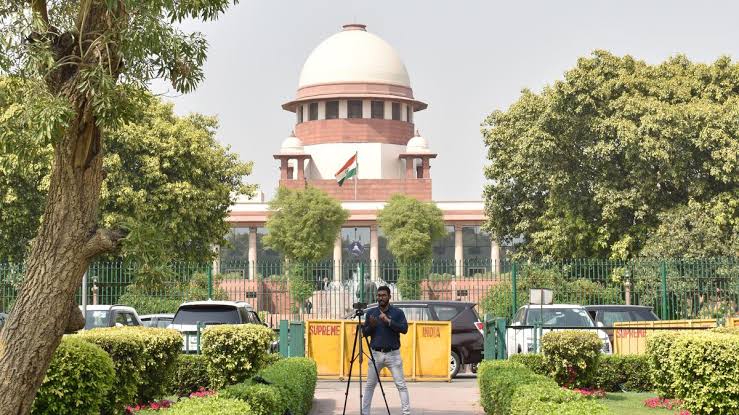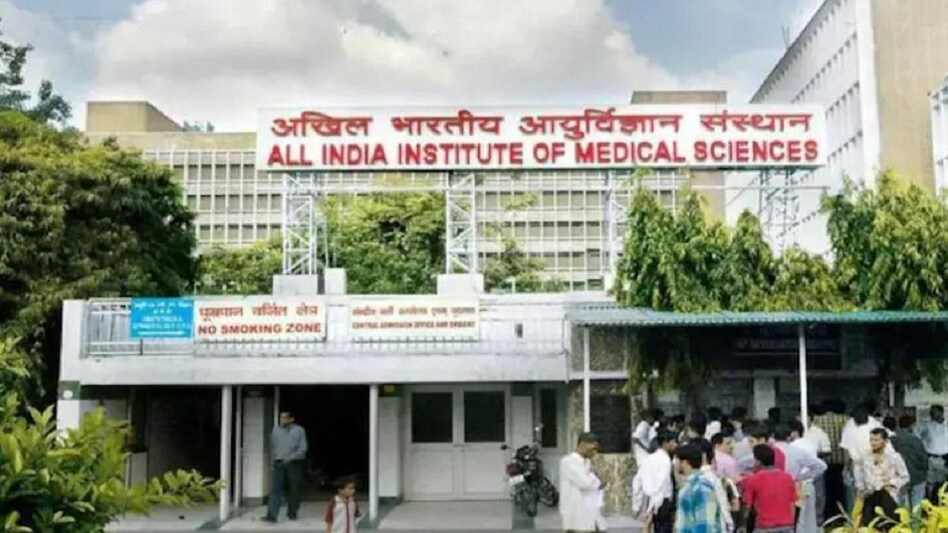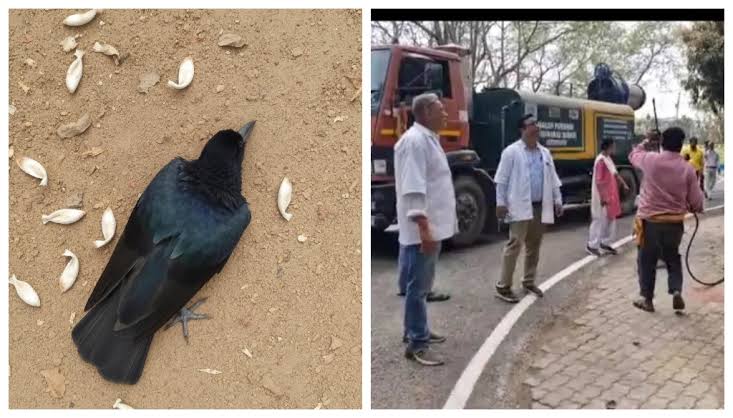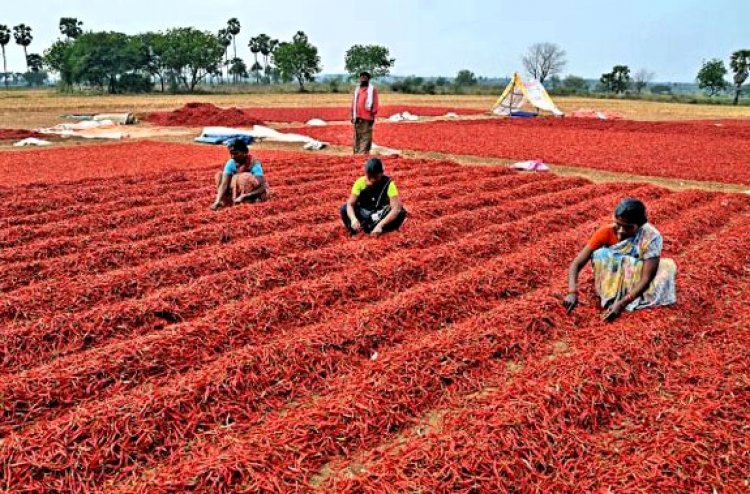In a moment that carries profound legal and emotional weight, the Supreme Court is set to hear a series of petitions challenging the constitutional validity of the Waqf (Amendment) Act, 2025, on April 16. The case has drawn national attention not only for its legal complexity but also for the deeply personal and community-level concerns it raises.
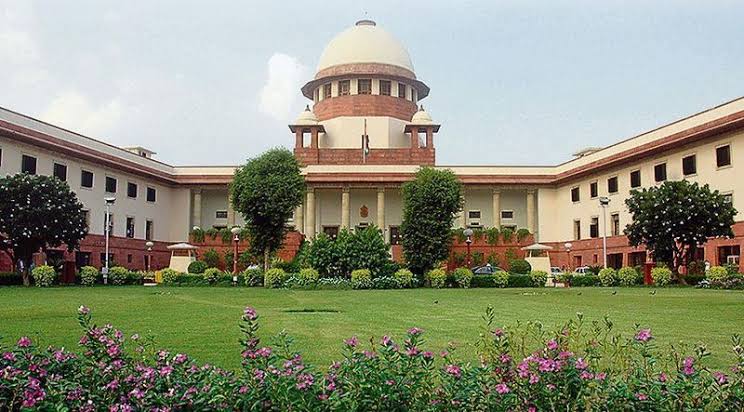
A bench led by Chief Justice Sanjiv Khanna, along with Justices Sanjay Kumar and K.V. Viswanathan, will review at least ten petitions, including those filed by AIMIM leader Asaduddin Owaisi, AAP’s Amanatullah Khan, and RJD’s Manoj Kumar Jha. Civil society voices such as the Association for the Protection of Civil Rights and religious leaders like Arshad Madani have also sought the court’s intervention, indicating the broad and heartfelt concern across different segments of society.
Other notable figures, including TMC MP Mahua Moitra, CPI representatives, Samajwadi Party MP Zia-ur-Rahman Barq, and TVK leader and actor Vijay, have also approached the apex court. They collectively argue that certain provisions of the amended Act infringe upon the constitutional rights of minorities, especially Muslims, and raise fears about the potential misuse or misclassification of community properties.
While the petitioners express deep anxieties about the future of Waqf properties and minority rights, six BJP-ruled states — Haryana, Maharashtra, Madhya Pradesh, Rajasthan, Chhattisgarh, and Assam — have stepped in to defend the law. These states have urged the court to uphold the amendment, citing administrative reform, legal clarity, and the need for transparency in Waqf property management.
States like Haryana and Maharashtra have highlighted longstanding issues such as irregular records, incomplete surveys, and accountability gaps in the existing system. Madhya Pradesh emphasized the Act’s aim to create a more transparent, technology-enabled governance structure for Waqf properties, while Rajasthan welcomed provisions that ensure due process before any property is designated as Waqf.
Chhattisgarh’s submission spoke of the need to bridge gaps between Waqf boards and local governance, while Assam focused on safeguarding tribal lands under the Sixth Schedule of the Constitution, noting that eight of its districts fall under this sensitive category.
Meanwhile, the Uttarakhand Waqf Board has also sought to support the amended law by seeking intervention in the writ petition filed by Owaisi. The law, which passed in the Rajya Sabha with 128 votes in favor and 95 against, and in the Lok Sabha with 288 in support and 232 opposed, has ignited a deeply emotional and politically charged debate.
For many petitioners and their supporters, this legal battle is more than just a constitutional matter—it is about protecting a long-standing tradition of community care, education, and religious integrity. For the supporting states, however, it represents an opportunity to modernize, regulate, and streamline a system that they argue has too often lacked transparency and fairness.
As the country awaits the Supreme Court’s proceedings, there is a shared hope that justice will not only be done, but also be seen to be done—ensuring that legal reforms, if needed, are compassionate and inclusive, and that the rights of all communities are respected with sensitivity and fairness.

